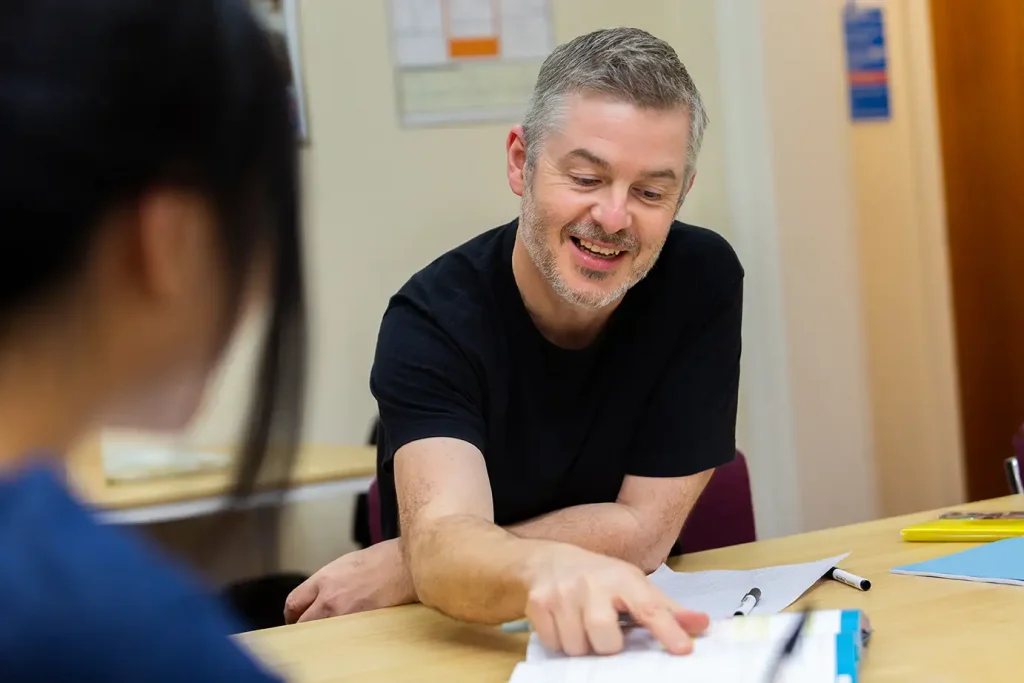4 ways you can help your child with their maths
I am often asked by parents how they can help their child improve their confidence with maths. It can be quite daunting to know how to best support children with mathematics, particularly if you found it a challenging subject at school. If this resonates with you, please don’t worry, The Community Schools is here to help! I have collated four simple suggestions you could try at home with your child to help boost their confidence with numeracy and maths.

1) Practise little and often.
I believe that the saying “practice makes perfect” needs tweaking a little to say “practice makes confidence!” I have seen first-hand the difference in the students I teach when they implement regular maths practice into their weekly routine.
It really doesn’t have to be hours of practice; just 10 minutes of regular practice will make a noticeable difference to your child. It allows them to consolidate and feel comfortable with mathematical methods that have been taught in school, helping them to feel more confident with their maths. There are some fabulous free maths games online and lots of schools subscribe to paid sites such as Mathletics and TTRockstars.
I would definitely recommend speaking with your child’s teacher for their recommendations and the login details for any providers that your school subscribes to.
2) Keep your language positive
I have heard many a student comment, “my mum/dad were rubbish at maths when they were in school”. The comment often comes from a student who doesn’t believe that they themselves could do well in the subject.
I know that this can be challenging but try to change the narrative away from “I was useless at maths”; use this as an opportunity for you both to enjoy learning and gaining confidence in maths together!
Try to ensure that the language you use when talking with your child about maths is positive, because children really do pick up on their parent’s opinions and sentiments.
3) Times tables are key!
Times tables are truly the building blocks of mathematics. Without confidence and accuracy in them, a child cannot access the harder mathematical concepts.
Primary schools do a brilliant job of helping students with learning times tables but I have noticed that by the time children reach secondary school, they often stop practising them to focus on more complex topics and actually regress in their times tables.
If you can find a way to regularly practice times tables, your child will become more mathematically fluent. Times tables practice doesn’t have to be a boring and arduous task; online games or quizzes can make this a fun family activity. This can also be a great way for children to earn pocket money or small treats to increase the incentive!
4) Encourage mistakes!
I have noticed that for many children, the hardest part of a maths problem is starting it! Unfortunately, too often, children can be afraid to have a go at a maths problem in case they get it wrong but getting it wrong is such an important part of maths.
The process of getting a problem wrong, evaluating your method and finding a new solution, develops vital problem-solving skills. The process of persevering with a problem and figuring out an alternative method to solving it is much more important in many ways than the final answer.
When helping your child with their maths, try not to focus on the mistakes or wrong answers, highlight the parts or methods that they have done correctly instead.
I hope that you find these four suggestions informative in guiding your child with their maths. The Community Schools was founded with the main purpose of supporting children and young people to achieve their full academic potential; please remember that we are always here to help! Please do let us know if you have any questions or would like any further guidance.
SIGN UP TO RECEIVE INFORMATION ON OUR COURSES
Last Updated on January 11, 2024
